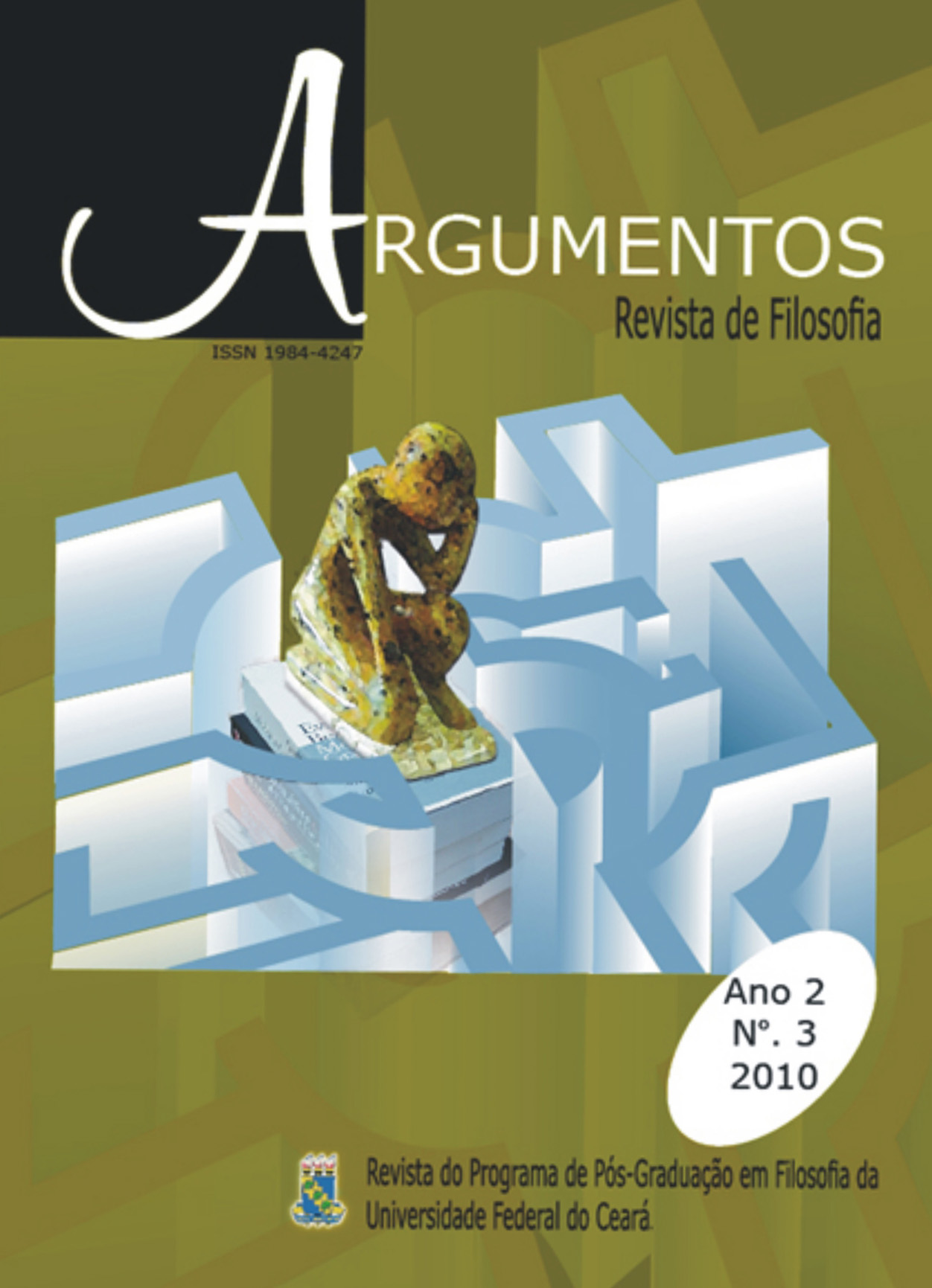The announcement of the new scientia: the relevance of philology in the thought of Giambattista Vico
Keywords:
Philology. Common sense. Right.Abstract
This article presents some elements of the genesis of the idea of a nuova scienza in Giambattista Vico, based on the work named De uno universi iuris principio et fine uno or simply Il Dirittto Universale, published in 1720. The idea of a nuova scienza of civil life, developed in Scienza Nuova, was first announced in the chapter named A New Science is Essayed [Nova Scientia Tentatur] of Dirittto Universale. This chapter marks the begin-ning of the philosophical maturation that led the author to the development of his major work, Scienza Nuova. The importance of Dirittto Universale for this study concerns its ideas on right. Vico has already developed in this work many of the ideas that will be relevant to the development of the project of a nuova scienza of human knowledge. We divided this presentation in two parts: the first one entitled the natural law of nations: Vico and il Dirittto Universale. We highlight the work Dirittto Universale and present the first evidence that provided the advent of the idea of scienza nuova of human knowledge; the second one named Scienza Nuova prima: the principles of a new science of human knowledge. We endeavor to explain the evolution of the arguments first announced in Il Dirittto Universale, relying on the interpretation of the Scienza Nuova of 1725.Downloads
Published
Issue
Section
License
Argumentos magazine is licensed under an International Creative Commons Attribution License.
The Magazine uses CC BY inclusion
1) The authors retain the copyright granted to the magazine or the right to initial publication, with the work regularly licensed under the Creative Commons Attribution, which allows the sharing of the work with acknowledgment of authorship and initial publication in this magazine.
2) The authors are authorized to contract additional applicable contracts, for non-exclusive distribution of the version of the work published in this journal (for example, publication in the institutional repository or as a chapter of the book), recognition of authorship and initial publication in this journal.
3) Authors are authorized and encourage to publish and distribute their work online (for example, in institutional repositories or on their personal pages) at any time before or during the editorial process, as they can generate productive changes, as well as increase the impact and reference of published work.




.jpg)










._._3.png)
1.jpg)
._._._.png)
